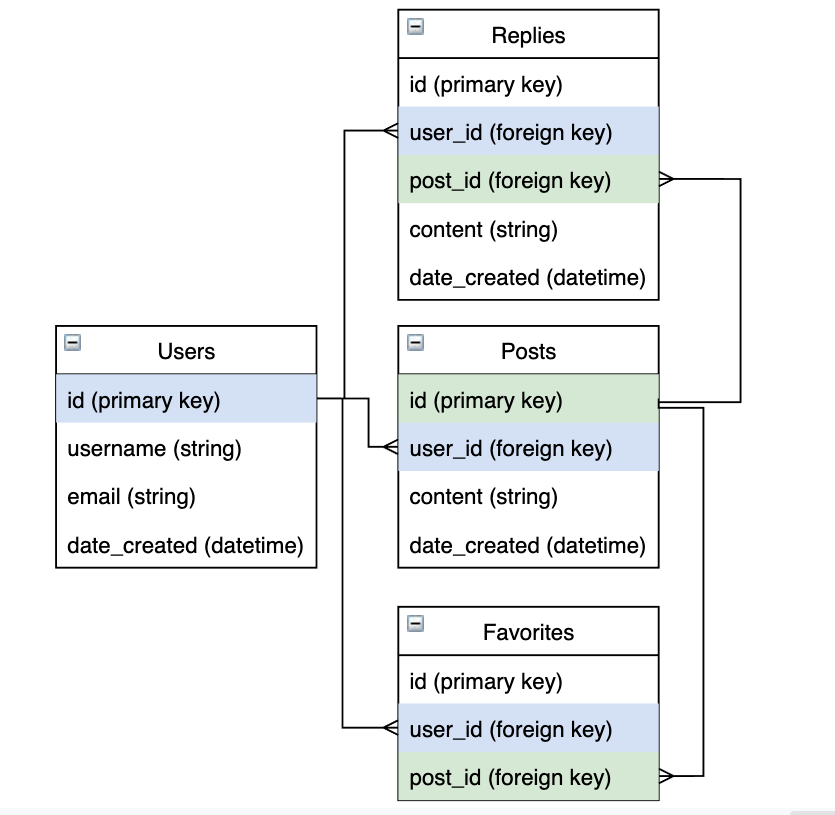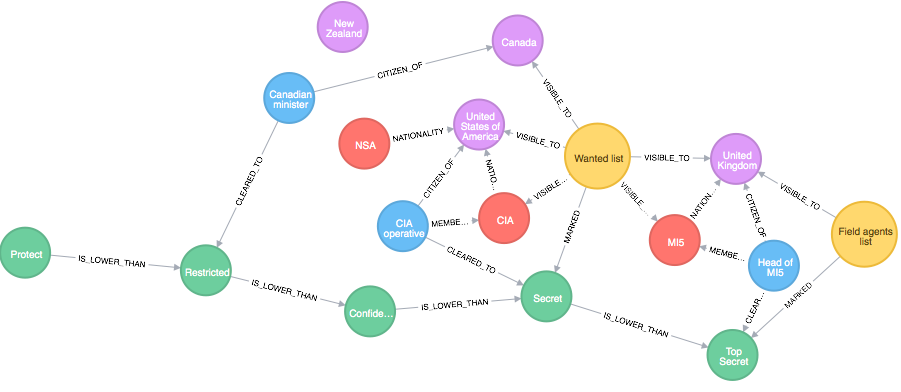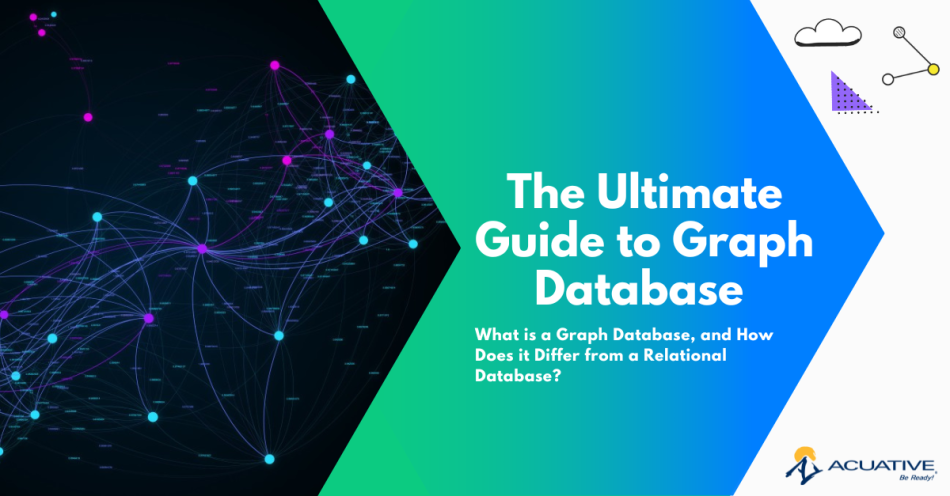A graph database is a type of database designed to represent and store data in a way that highlights the relationships between data points. Unlike relational databases, which use tables, rows, and predefined schemas to store data, graph databases organize data as nodes (entities) and edges (relationships). This structure makes graph databases ideal for navigating complex and interconnected data more efficiently.
In a relational database, data relationships are often managed through complex joins, which can slow down queries as data volume grows. Graph databases, however, are built to traverse relationships naturally, allowing for faster query performance even with highly interconnected data.


How Graph Databases Work
Graph databases operate using a flexible structure of nodes (entities) and edges (relationships). This approach allows for quick traversals between nodes, even in massive datasets. Unlike relational databases, where changes to the schema can disrupt operations, graph databases are schema-less and can adapt as your data grows and evolves. Queries are run using specialized query languages, such as Cypher in Neo4j, which make it easier to explore relationships between data points.
Advantages of Graph Databases
- Faster Query Performance: Graph databases excel at running complex queries without the performance drag of multiple joins, making them much faster for relationship-heavy data.
- Scalability: As your data grows, graph databases can scale effortlessly while maintaining performance, whether on-premises or in the cloud.
- Relationship Insights: Graph databases are optimized for visualizing and analyzing relationships, providing businesses with deeper insights into data patterns and connections.
- Flexibility: The schema-less nature of graph databases allows for easy adaptation, supporting dynamic changes in data without requiring costly migrations.
What Are the Use Cases for Graph Databases?
Graph databases have numerous applications across various industries. Some common use cases include
- Fraud Detection: By analyzing connections between users, transactions, and behaviors, businesses can quickly identify suspicious patterns in real time.
- Recommendation Engines: E-commerce platforms use graph databases to suggest products based on users' purchase histories and preferences.
- Network and IT Operations: Graph databases help visualize complex IT networks, allowing teams to monitor assets and troubleshoot issues efficiently.
- Supply Chain Management: Businesses use graph databases to track supplier relationships, logistics, and inventory flows, optimizing the entire supply chain.
- Social Networks: Graph databases power platforms like social media, where user relationships and interactions form a vast network of connections.
Why Companies Are Switching to Graph Databases
Businesses are shifting from traditional relational databases to graph databases to handle the growing complexity of modern data systems. Whether it's optimizing customer experiences, improving fraud detection, or managing intricate supply chains, graph databases offer a more efficient, scalable, and insightful solution. As data grows more connected and businesses demand faster, more actionable insights, graph databases become the superior choice for managing and analyzing data.
Acuative’s Graph Database Solution
At Acuative, we specialize in delivering graph database solutions powered by Neo4j that help businesses tackle complex data challenges with ease. Our expert team works closely with clients to design tailored solutions that address unique data management needs, whether you're analyzing real-time relationships, optimizing networks, or improving operational efficiency. We offer seamless integration of our graph solutions with your existing systems, ensuring scalability and performance.
By leveraging our deep expertise in graph database technology, Acuative empowers businesses to make faster, data-driven decisions and unlock the full potential of their data. Whether you're looking to implement graph analytics or explore new use cases, our solutions are designed to drive your business forward.
Contact us today to find out more and discuss with our experts: info@acuative.com

